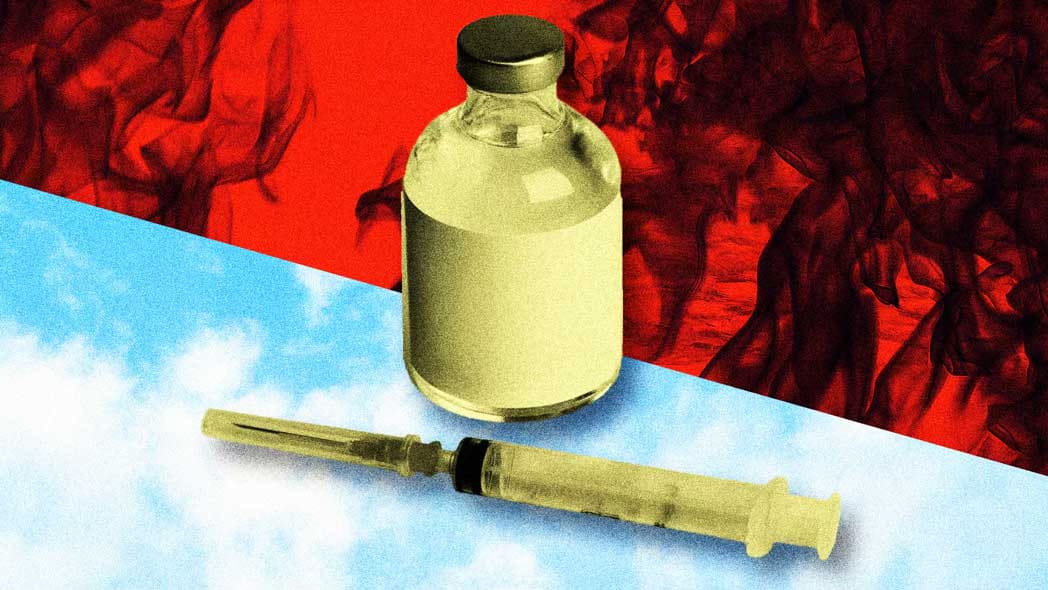Resources for blood donation
January is National Blood Donor Month and the Red Cross has declared a blood emergency due to a historically low supply, partially because of the COVID-19 pandemic. One donation can potentially save up to three lives.
To donate blood, you must be at least 17 years old, weigh at least 110 pounds and be in good health. If you're unsure if you should give blood, consult your health care provider.
Make an appointment to donate:
Preparing for blood donation:
- Get at least eight hours of sleep the night before your appointment.
- Eat a healthy meal before giving blood that includes lean proteins (like lean meat, cheese or yogurt) or complex carbohydrates (bread, cereal and fruit) and avoid fatty foods. Eating food with iron — like red meat or spinach — will help ensure you have enough iron to donate.
- Drink a few extra glasses of water than normal.
- Wear comfortable clothing with sleeves that can be raised above your elbow.
After reporting on the nationwide blood crisis, CBS News heard from many people who are unable to donate blood due to federal restrictions placed on gay and bisexual men. Read more on where the FDA policy stands.



